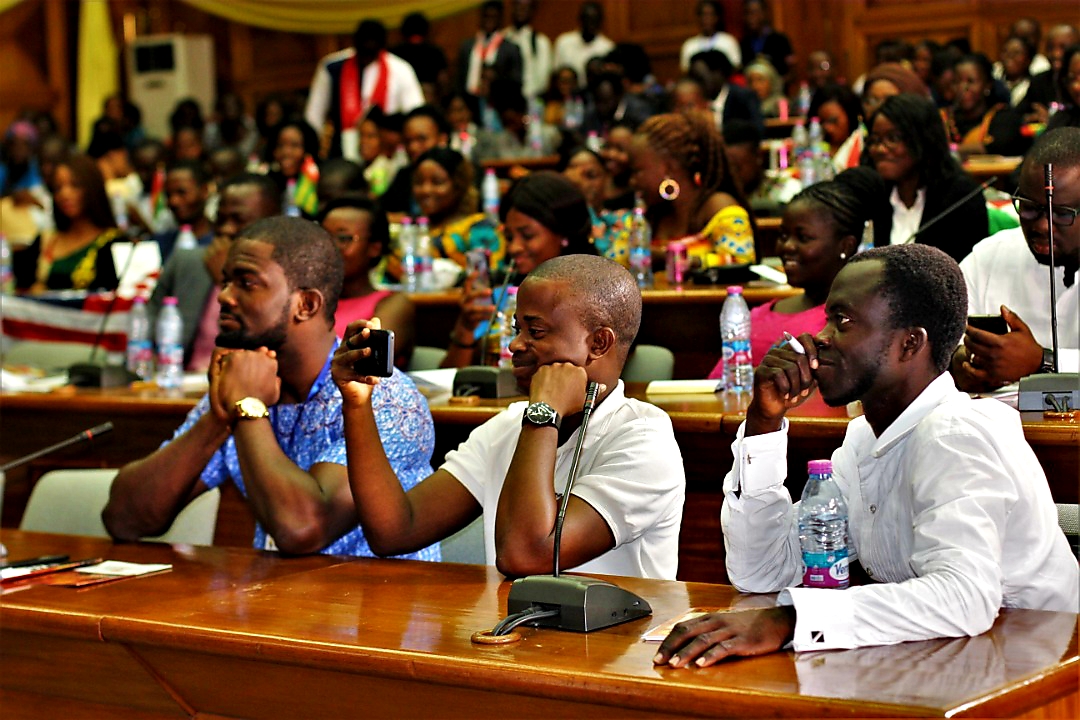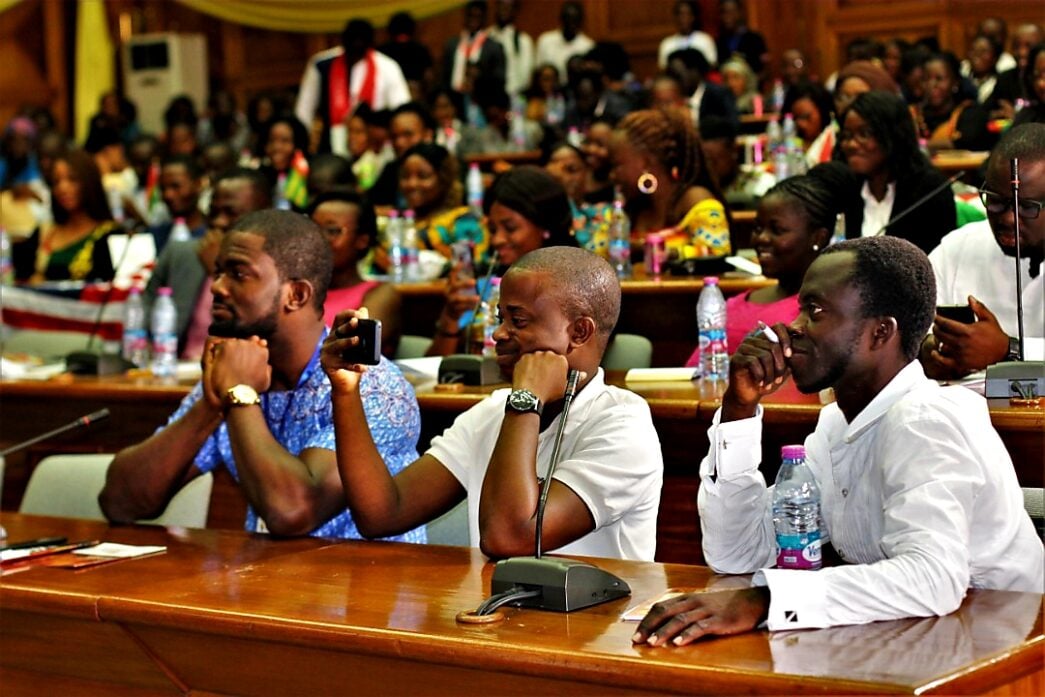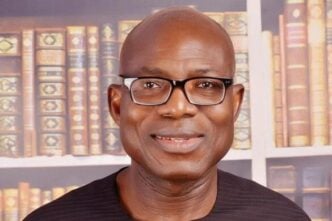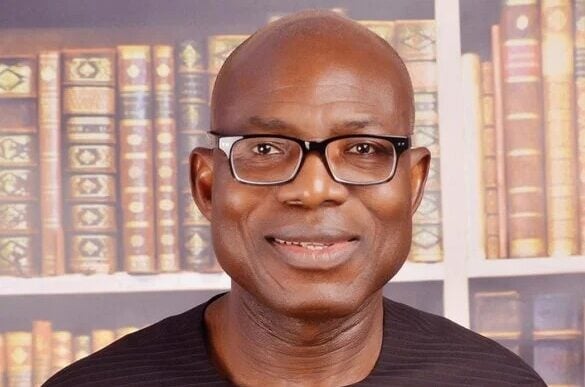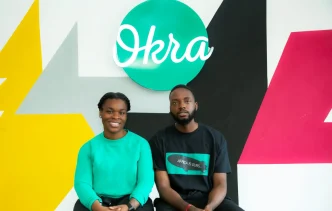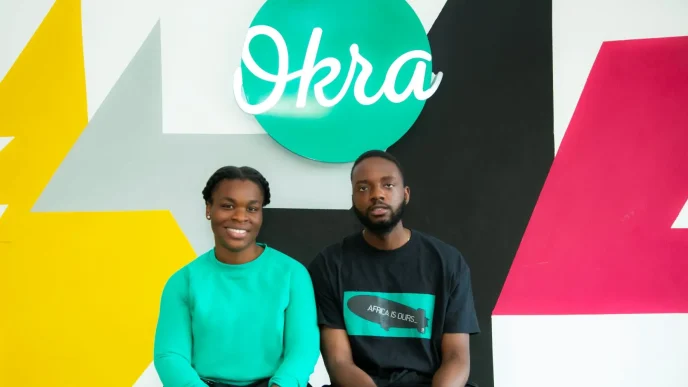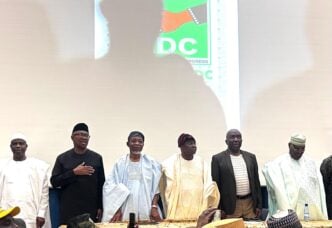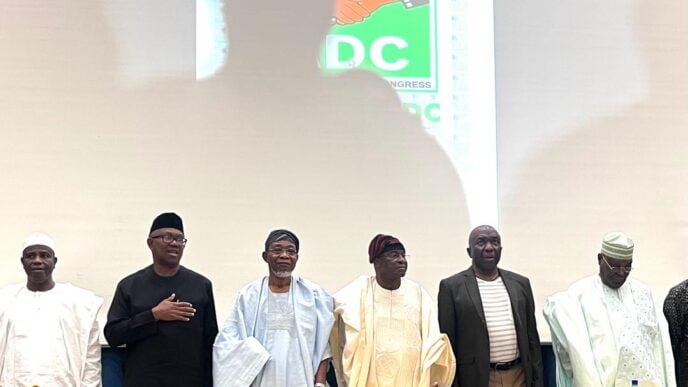Young African Leaders Summit
BY OSENI OLUWATOBI
I recently found myself among a group of young change-makers from Africa in a fellowship, and on average, we introduce ourselves to two new facilitators daily during our exchange program. At first, it was a chore, but it soon became a routine — one we have come to love. A very intriguing part of this is how a brilliant young woman doing great work introduces herself. First with her country of origin and then the country which she resides in presently.
As Africans living in the West, we are too often seen as a single country rather than a vast and diverse continent. There is little acknowledgment of the 54 different nations that make up Africa, each with its own history, complexity, and voice. While it’s true that many of us face shared challenges like weak governance and fragile democracies, these similarities should never erase our differences. Africa is a beautiful mosaic of deeply rooted cultures, hundreds of languages, countless ethnic identities, and let’s not forget an endless variety of food. Maybe we’d all agreed anyway that Nigeria’s Jollof is the most authentic in West Africa, but that’s a subject for another discussion
This complexity deeply reminded me of how we often underestimate the power of introductions. In fintech, much of my work hinges on the strength of introductions, what can rightly be called relationship cultivation. In most rooms, someone must speak for you before you even arrive, and that warm connection moves faster and deeper than any cold email ever could.
Advertisement
Beyond my work at Payshiga, helping businesses move money seamlessly across borders through over 100 payment methods, or even our latest product, Ojah, which is reimagining cross-border trade as Africa’s answer to Alibaba, what keeps me up at night is something more profound: the urgent need to reintroduce Africa itself. Not as a problem to be solved, but as a powerhouse to be reckoned with.
My home country, Nigeria, has a green passport, one that carries the burden of perception. The Nigerian passport ranks among the lowest globally in terms of travel freedom. In the 2024 Henley Passport Index, Nigeria ranked 92nd out of 199 passports, offering visa-free or visa-on-arrival access to just 45 destinations.
But this is not just Nigeria’s story, it is Africa’s. Many African passports are similarly restricted, with citizens from countries like Sudan, Somalia, Ethiopia, and even relatively stable states like Ghana or Kenya facing significant visa barriers. It is a quiet humiliation that young Africans, from scholars to entrepreneurs, must constantly prove themselves beyond reasonable thresholds to gain entry into countries whose own citizens can traverse the continent with little scrutiny. Africa’s richest man, Aliko Dangote, whom I have come to admire for his tenacity, recently talked about his visa ordeal.
Advertisement
Worse still, even within Africa, movement remains surprisingly difficult. The African Union’s promise of the African Passport and free movement protocol is yet to materialize meaningfully across the continent. Many Africans require visas to enter fellow African states, an irony considering the dream of Pan-Africanism and the economic logic of the African Continental Free Trade Area (AfCFTA). If we cannot trade, collaborate, and connect among ourselves, how can we collectively bargain or compete on the global stage?
This brings me back to introductions. What does it mean to introduce oneself as African in a world that sees the continent as a monolith, often defined more by its deficits than its distinctions? In global rooms, our presence is often undercut by a narrative of pity, rather than one of partnership. Africa is too frequently introduced through its wounds: conflict, poverty, political instability, and failed aid experiments. But this is only one part of the story.
The world needs a reintroduction to Africa, one that is authored by Africans themselves. We are no longer the continent waiting for saviours. We are building platforms that move money in real time, like what we’re doing at Payshiga. We are creating marketplaces like Ojah, giving African producers access to global buyers. We are leading climate action, building AI models rooted in African languages, solving problems in healthcare, and reimagining education systems from the ground up.
To reintroduce Africa is to own the narrative. It is to move beyond the passport index and into the innovation index. It is to spotlight our films, our contribution to new knowledge, our cuisine, and our unique abilities. It is to define ourselves not as victims of global systems, but as contributors and creators within them. This is not wishful thinking; it is already happening.
Advertisement
But this reintroduction cannot be left to chance. It requires deliberate efforts at cultural diplomacy, media ownership, tech visibility, and most crucially, intra-African solidarity. If Nigeria and Ghana or Kenya and Ethiopia still see each other as competitors in a zero-sum game, then the world will happily continue to package us as one, with none. I dare say, it is cheaper to travel across 5 European countries than it is to visit one African country from my home country, Nigeria.
We must invest in narrative infrastructure just as much as we invest in roads or rails. We need storytelling schools as much as we need coding boot camps. We need visa-free policies within the continent, pan-African accelerators, and shared platforms that amplify each other’s work. The Africa Rising story needs continuity, not in slogans, but in systems.
To reintroduce Africa is to reject pity and demand parity. It is to rise from the shadows of extractive relationships and design new ones rooted in respect and reciprocity. This is our inflection point, and we must treat it as such. The rest of the world must either recognize the shift or be left behind. Because Africa is not asking to be included, we are announcing that we’ve arrived, and we are here to lead. On our terms. For our people. With our voice.
Africa, it is past bedtime.
Advertisement
Oseni Oluwatobi can be contacted via [email protected]
Advertisement
Views expressed by contributors are strictly personal and not of TheCable.
